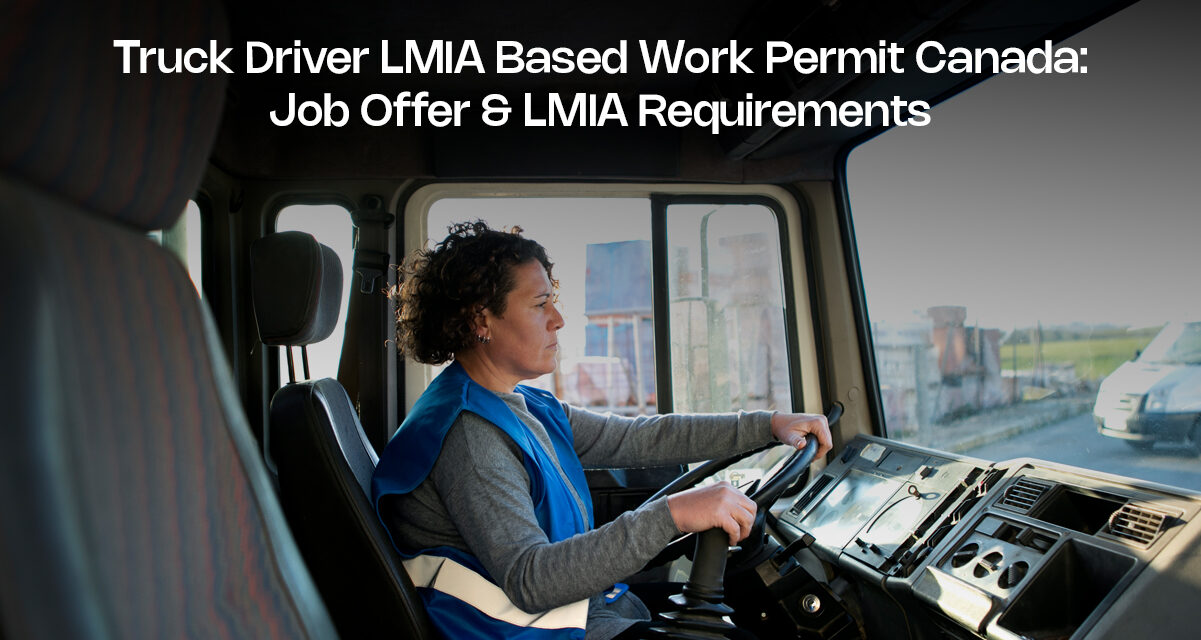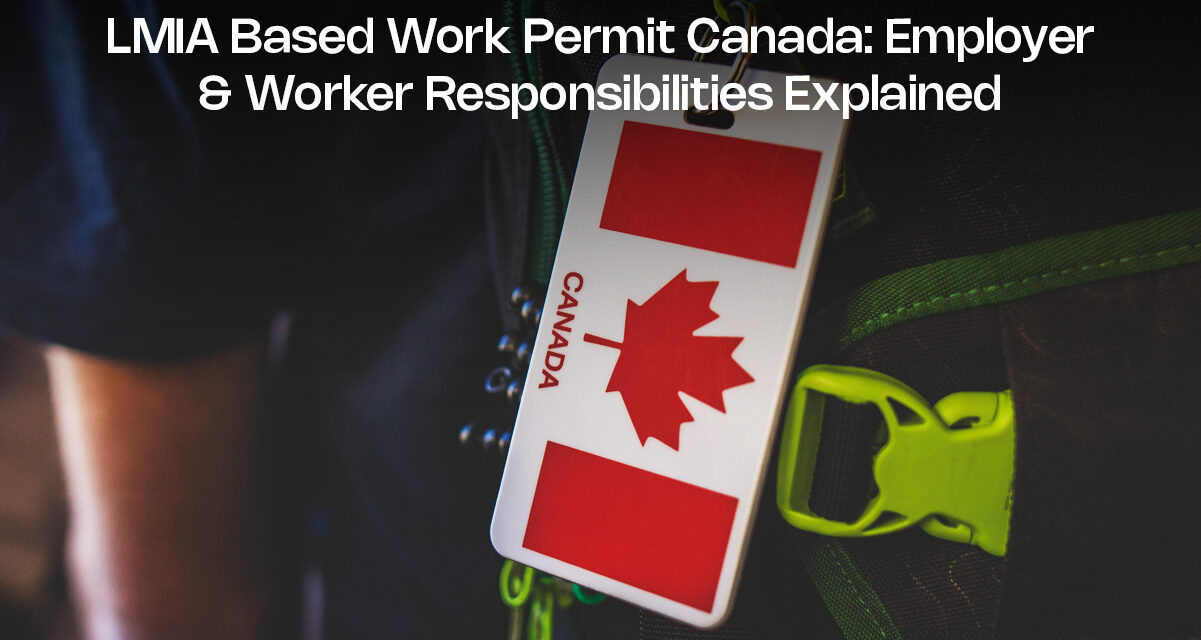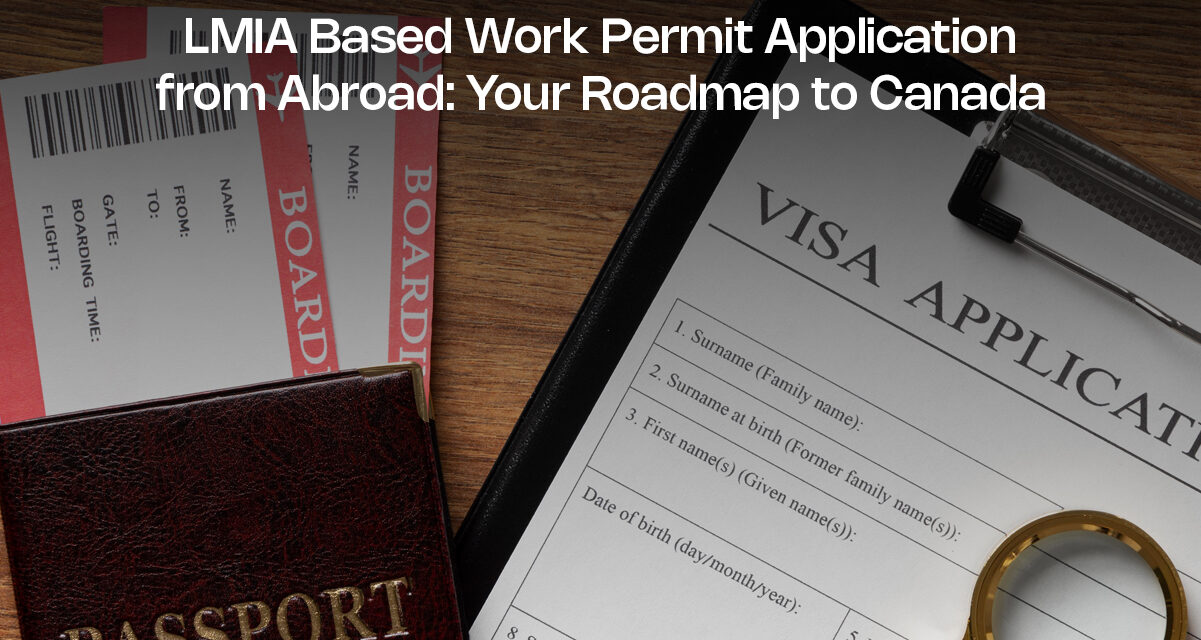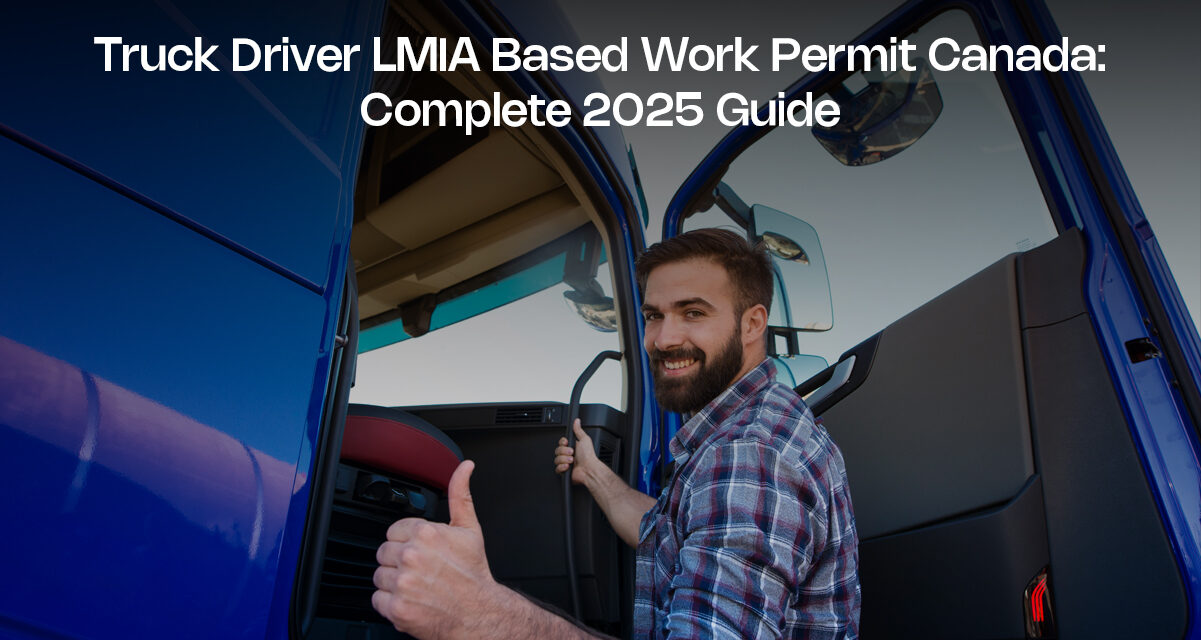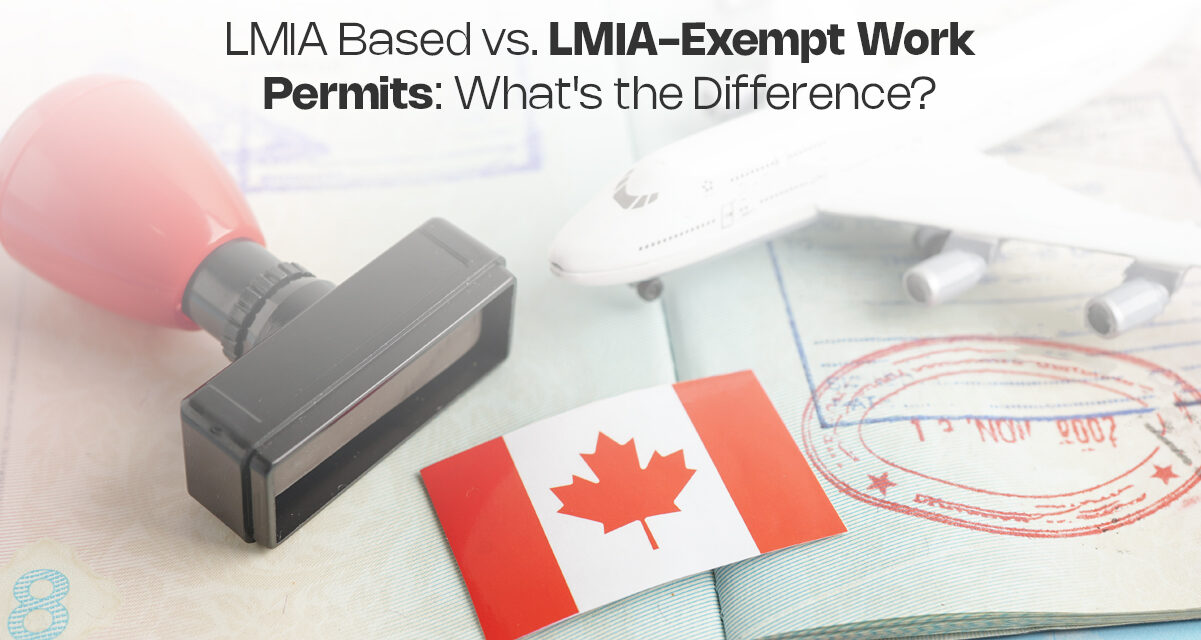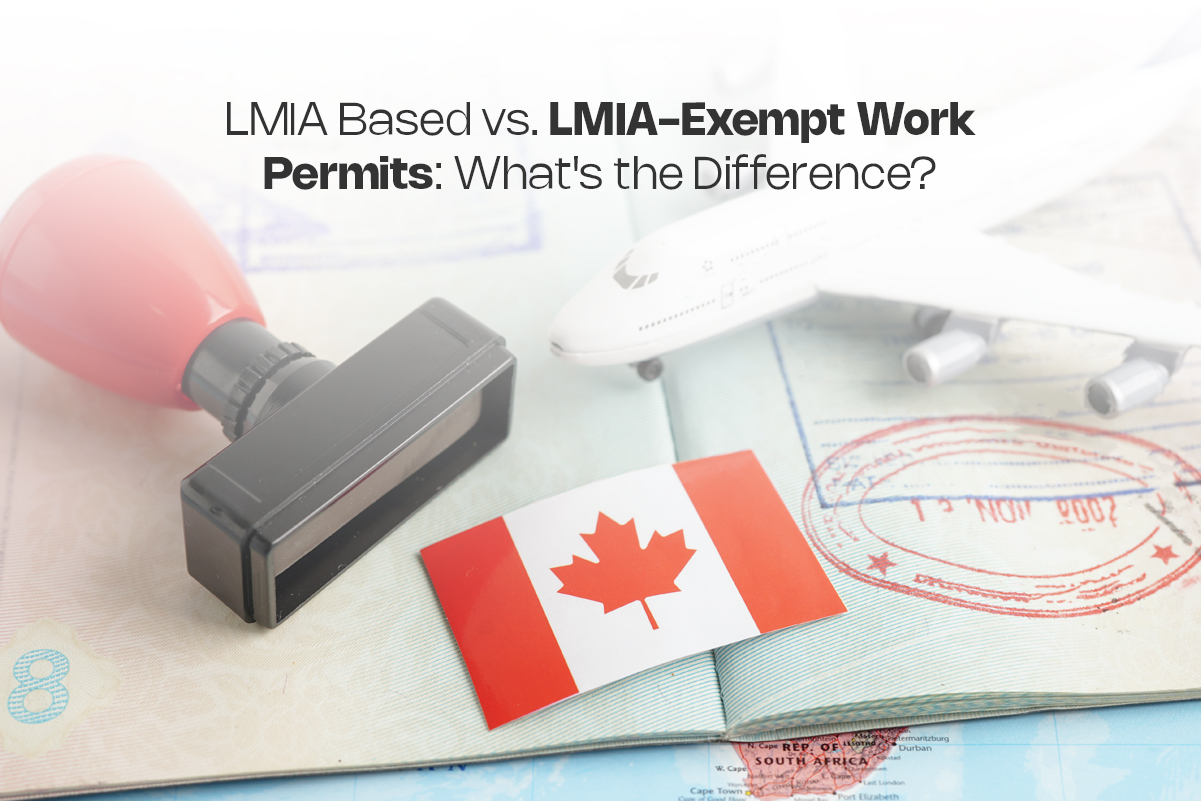Truck Driver LMIA Based Work Permit Canada: Job Offer & LMIA Requirements Canada needs more truck drivers. The country has thousands of open positions right now. This creates great chances for skilled drivers from other countries. You can work legally in Canada through the LMIA work permit program. This program helps foreign workers fill important...
LMIA Based Work Permit Canada: Employer & Worker Responsibilities Explained Canada welcomes foreign workers through its work permit programs. The LMIA based work permit Canada system helps employers hire skilled workers. This system creates jobs while protecting Canadian workers. Employers and workers both have clear duties. Knowing these duties makes everything easier. Good preparation leads...
Licensed vs. Unlicensed: How to Identify the Best Immigration Consultant Near Me Moving to a new country changes your life. The immigration process has many forms and strict rules. One wrong step can delay your dreams for months or years. Many people search for help with their move. Finding someone who knows the system well...
LMIA Based Work Permit Canada: The Fastest Path to a Canadian Job Offer It’s exciting to move to Canada because of its beauty and living standards. But the immigration process confuses many people. Different permits exist for different situations. Work permit is one of the popular ways to start your journey. Understanding your options helps...
Student Visa to Canada: Pathways to Permanent Residency Canada opens its doors to international students every year. You can study here and build a life afterward. The path from student to permanent resident is clear and achievable. Many students turn their study permits into permanent residency. This guide walks you through each step. You will...
What Employers in Canada Need to Do to Hire Foreign Truck Drivers under LMIA The demand for truck drivers in Canada is growing every day. The country faces a big shortage. Many employers now look to other countries to find good drivers. This is not new, to be honest. If you want to hire foreign...
LMIA Based Work Permit Application from Abroad: Your Roadmap to Canada Getting a work permit for Canada can feel overwhelming. But thousands of workers succeed each year through the LMIA process. This guide breaks down everything you need to know to make your Canadian dream a reality. Canada needs skilled workers. That’s why the government...
Truck Driver LMIA Based Work Permit Canada: Complete 2025 Guide Canada needs more truck drivers. The country has thousands of empty trucking jobs right now. This creates great chances for drivers from other countries to work here. Getting a truck driver LMIA based work permit Canada gives you a real path to work legally. Many...
2025 Canada Immigration Changes Every International Student Should Know Canada changed its immigration rules big time in 2025. These changes hit international students hard. If you’re planning to study in Canada or already there, you need to know what’s happening. I’ve been tracking these updates closely. Here’s what every international student must understand about the...
LMIA Based vs. LMIA-Exempt Work Permits: What’s the Difference? Working in Canada sounds exciting, right? But first, you need the right work permit. Many people get confused about which permit to choose. Canada offers two main work permit types. Some need LMIA approval, others don’t. Each type has different rules and benefits. Picking the wrong...

